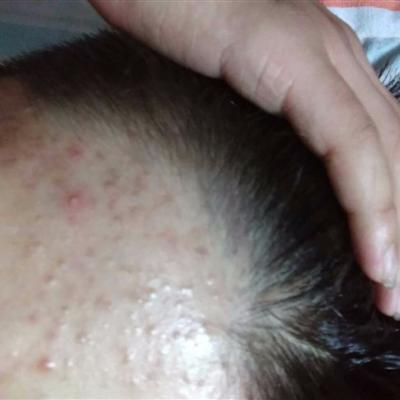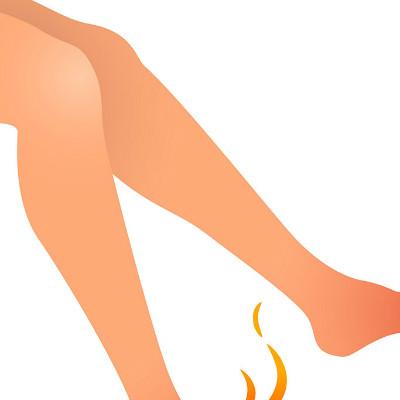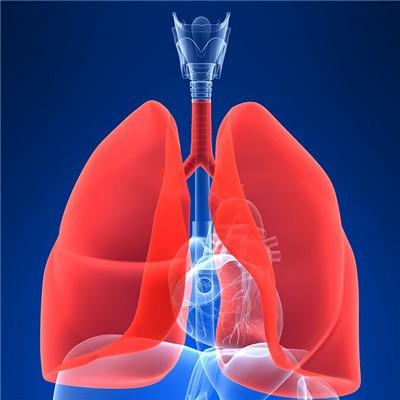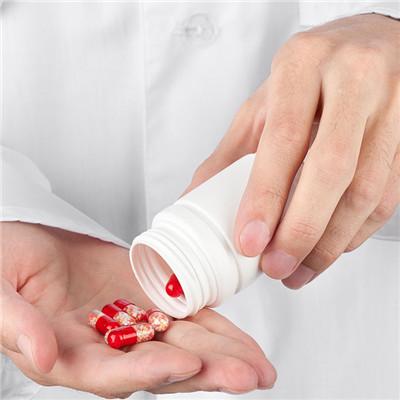How to judge pediatric drug allergy?
summary
Drug allergic reaction: generally occurs in a small number of children with allergic constitution, it has nothing to do with the dosage, route of administration and pharmacological effect of the drug itself. Drugs, whether oral, injections, external use or spray, can cause skin, mucous membrane and systemic damage. How to judge pediatric drug allergy? Next, I'd like to share my views with you.
How to judge pediatric drug allergy?
Drug anaphylaxis can be divided into immediate reaction and delayed reaction. The former appears immediately after medication, such as after injection of penicillin, and even during skin test, chest tightness, palpitation, shortness of breath, cyanosis, sweating, cold hands and feet, and even weak pulse and shock can occur. This kind of drug reaction is more serious, not timely rescue, can cause the death of children.

The delayed reaction is the rash after a few days, and the rash type is different, there are fixed drug rash, urticaria, scarlet fever like rash, measles like rash, severe cases can have exfoliative dermatitis. Immediate responders are often accompanied by systemic symptoms. Patients with delayed reaction may have exfoliative dermatitis. Immediate responders are often accompanied by systemic symptoms. Patients with delayed reaction may invade the skin or one organ locally or only, and the symptoms are relatively mild.

In case of allergic reaction in children, the drug should be stopped first and desensitization treatment should be given at the same time, such as diphenhydramine, phenergan, chlorpheniramine, calcium gluconate and so on. In case of systemic allergic reaction, the sick child should lie on his / her back, loosen his / her buttons, turn his / her head to one side, pay attention to the change of blood pressure, remove the secretions in his / her mouth and nose, keep his / her respiratory tract unblocked, and send him / her to the hospital as soon as possible.

matters needing attention
Avoid repeated intermittent drug use, the allergy to drugs is often formed in repeated intermittent drug use. Doctors, nurses and drug workers suffer from drug allergy more than ordinary people, which indicates that repeated intermittent drug contact is easy to cause allergy.















